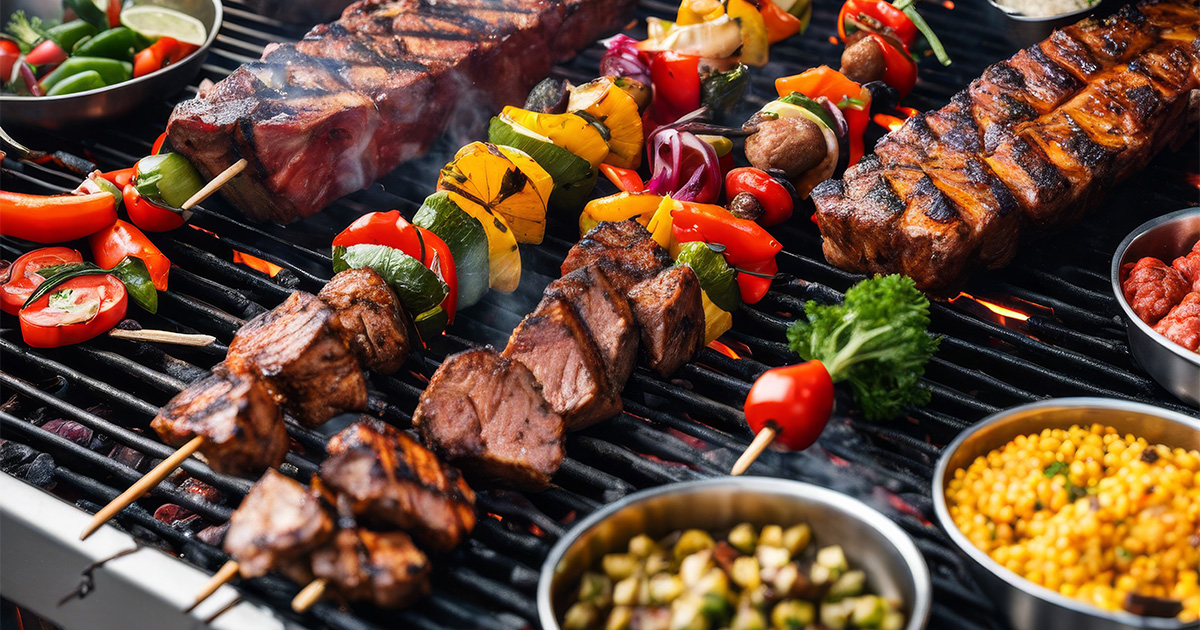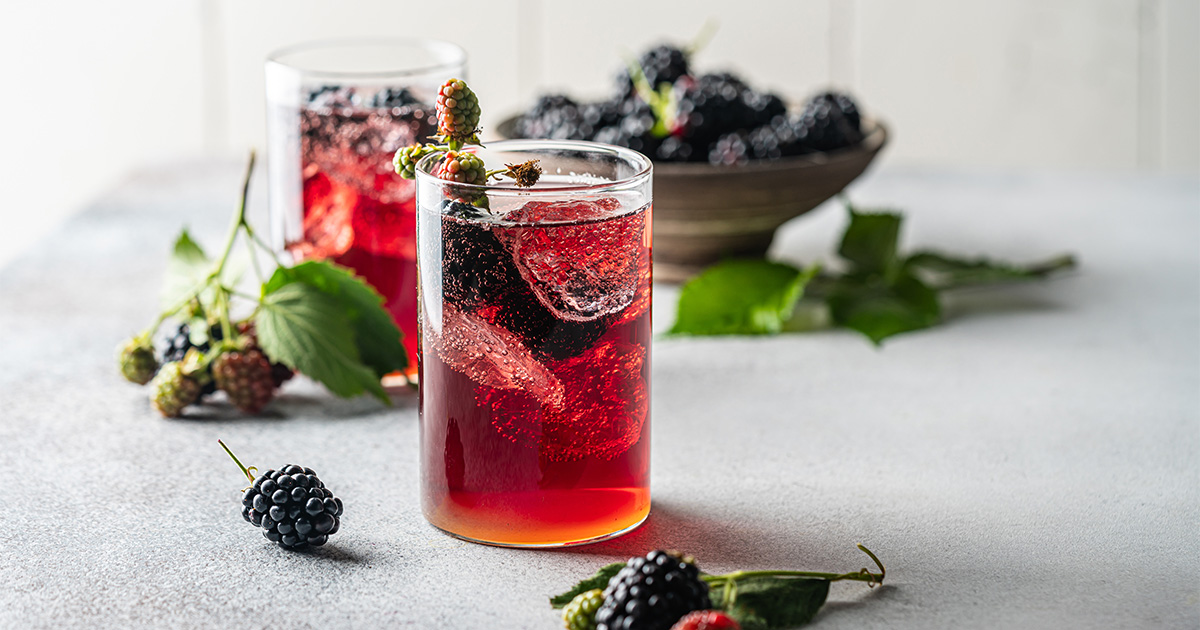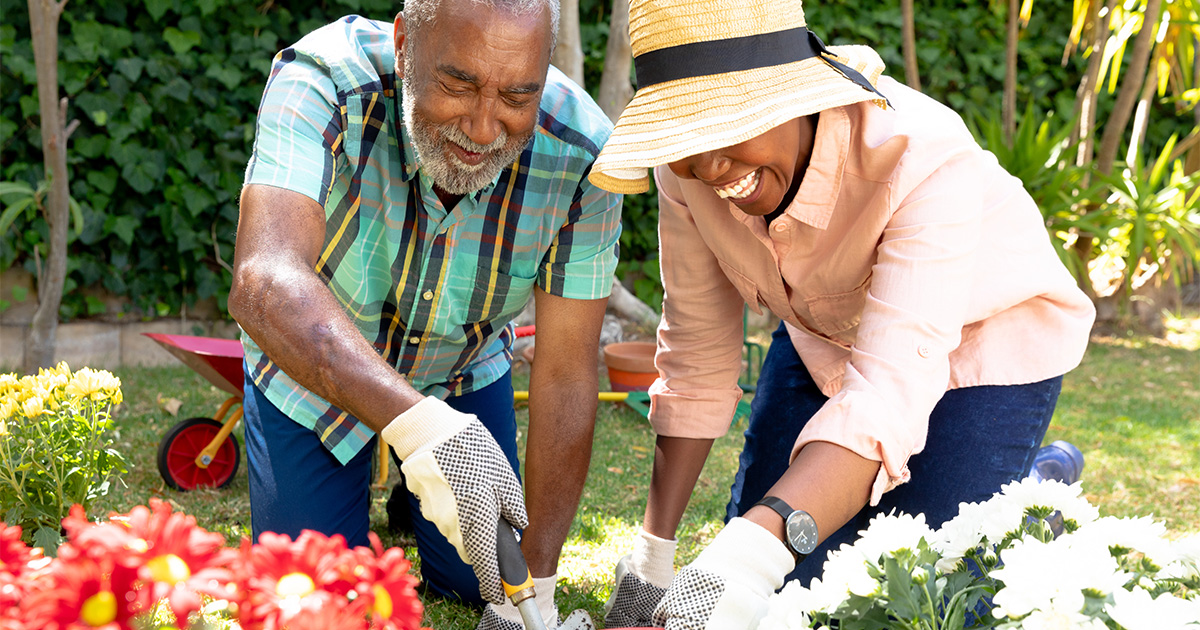Summer is often a time of outdoor gatherings, picnics, and barbecues with family and friends. While these events are filled with food and fun, it is important to practice food safety to prevent foodborne illnesses. Here are some important tips to help you practice food safety during the summer months so you may have an enjoyable dining experience outdoors.
Be Mindful of Allergens
If you are hosting a gathering, when inviting guests, make sure that you inquire about any food allergies or dietary restrictions your guests may have.
Get the Grill Ready
To be certain that you will not fizzle out by running out of fuel, check propane, pellet, or charcoal levels before you get started. Before lighting the grill, use a stiff wire brush to remove any residue or food particles from the grates. This provides a clean cooking surface and prevents food from sticking. Be sure to rinse and wipe down the grates to remove any little metal brush fragments that may have come off. For stubborn buildup, consider soaking the grates in warm, soapy water and scrubbing with a brush.
Food Preparation
Prevent cross-contamination by keeping raw meats separate from ready-to-eat foods. Use separate cutting boards, utensils, and plates for raw meats and cooked foods to avoid the spread of harmful bacteria.
Keep it Cool
When it comes to perishable foods such as meat, poultry, dairy products, and salads, maintaining proper temperatures is crucial. Keep these items refrigerated until it is time to cook or serve them. If you are transporting food to a picnic or barbecue, use insulated coolers or cooler bags with ice packs to keep perishables cold.
Cook Meats Thoroughly
Proper cooking temperatures are essential to kill harmful bacteria in meat, poultry, and seafood. Use a food thermometer to ensure that these foods reach the recommended internal temperatures:
145°F (74°C) for beef, pork, lamb, and seafood
160°F (71°C) for ground meats
165°F (63°C) for ground poultry
Practice Good Hygiene
Make sure that you provide hand sanitizer or a place for guests to wash their hands thoroughly before eating to prevent the spread of bacteria.
Serve Safely
Once food is cooked, serve it promptly and keep hot foods hot using chafing dishes, warming trays, or slow cookers. Cold foods should be kept cold by placing them in a cooler with ice packs or on a bed of ice. Label dishes with common allergens such as nuts, dairy, and gluten to help guests make informed choices. Also make sure that each dish has its own serving utensils to avoid potential allergen cross-contamination.
Avoid Leaving Food Out
Perishable foods should not be left out at room temperature for more than one hour if the temperature is above 90°F. Store leftovers in shallow containers to cool them quickly and evenly, then label them with the date before refrigerating or freezing. Be sure to discard any leftovers that have been sitting out for too long to reduce the risk of foodborne illnesses.
By following these food safety tips, you can enjoy delicious outdoor meals with peace of mind, knowing that you have taken steps to protect yourself and your guests from foodborne illnesses. Let’s make this summer a season of good food, good company, and good health!
Steve Burns
Chair
Community Awareness








